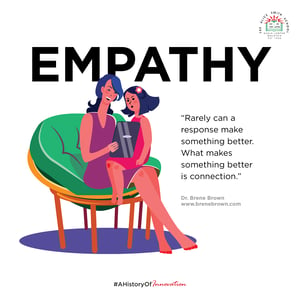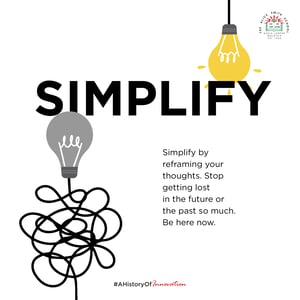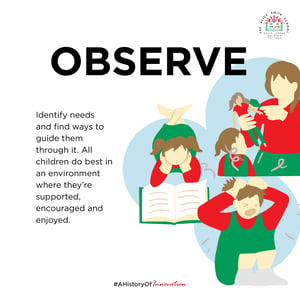Here's the second of our new posts from the Secondary School Counselling Team with more tips and strategies to help us move from surviving to thriving during these challenging times. Read on to find out about e.S.O.S. - empathy, Simplify, Observe and Structure.

How to Reduce the Stress of "Homeschooling" on Everyone
With school closures in effect, many parents find themselves helping their child adjust to homeschooling in addition to their ‘normal’ working day. In this environment of broken routines and uncertainty, chances are your child is showing big feelings and challenging behaviors. Despite your best efforts, your child is finding this adjustment all too much. Here are a few ways to support your child (and manage your own stress) during these times.
Empathy

We do not have access to our thinking and reasoning skills when we are flooded with emotions. If your child cannot focus on tasks, or you are seeing them having a meltdown, tantrum, or withdraw, it’s likely because they are having a hard time meeting an expectation while under stress. Empathy can calm the nervous system and re-engage the thinking and reasoning side of the brain.
- Perspective taking- to be able to see the world as others see it.
- Staying out of judgment and just listen.
- Recognising emotion in another person that you have maybe felt before.
- Communicate your understanding of your child’s feelings. Try, "It sounds like you are in a hard place now. Tell me more about it.”
Simplify

Keep things simple, what children need right now is safety, belonging and acceptance and they need these from those they love the most. Academics can be covered by the teachers. The most important skill you can teach is how to manage their big feelings under stress.
Research shows that acceptance is an important trait in positive well-being. Reframing our thoughts can be helpful, you can try this with your child:
- I am not homeschooling. I am doing my best to learn at home during a crisis.
- I cannot be as productive as normal because these are not normal times. I will focus on what I can accomplish in just the next 24 hours and let go of what I cannot accomplish right now.
- I am not “working from home.” I am doing my best to work at home during a crisis.
Observe

Children sometimes behave in challenging or confusing ways. Your child might be loving the freedom, independence and time to explore their own interests that their virtual learning gave them at this moment but get demotivated the next moment. Use observation for an objective view of your child.
- When you really pay attention you get to know and see more of their abilities, interests and personal characteristics.
- Reflect on observations to assess your child’s progress, understand their needs and personality.
- Identify needs and find ways to guide them through it.
Structure
.png?width=300&name=KLASSPoster_eSOS20205%20(1).png)
For adults and children alike, routine and predictability are calming during times of stress. If you’ve tried to set a schedule and your children are resisting it, here are some reminders:
- Collaborate with your child on a schedule that works for the whole family.
- It is okay if the schedule does not go to plan every day. Every day is an opportunity to fine-tune what is working and eliminate what is not working.
- As a parent, it is not your job to recreate a school day. Your job is to help your child feel safe and do their best with the learning plan the teachers have provided.
- Remember routine doesn't mean that every day is the same
We appreciate that families are experiencing this time period differently, some may be fine and others may need support or guidance. The counselling service continues to support students and families and we have a supportive GSite for students, staff and parents to access with a dedicated section on coping with Covid-19.


